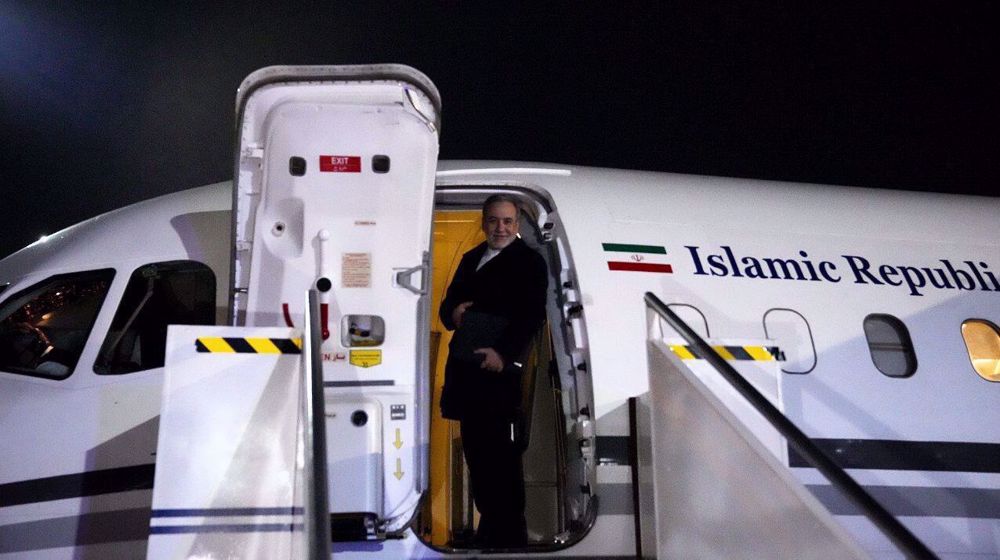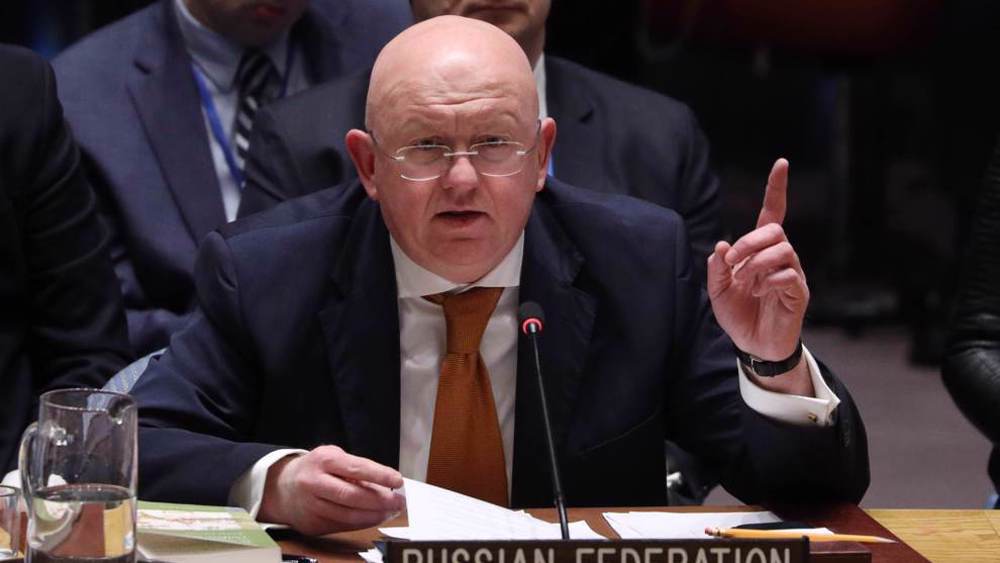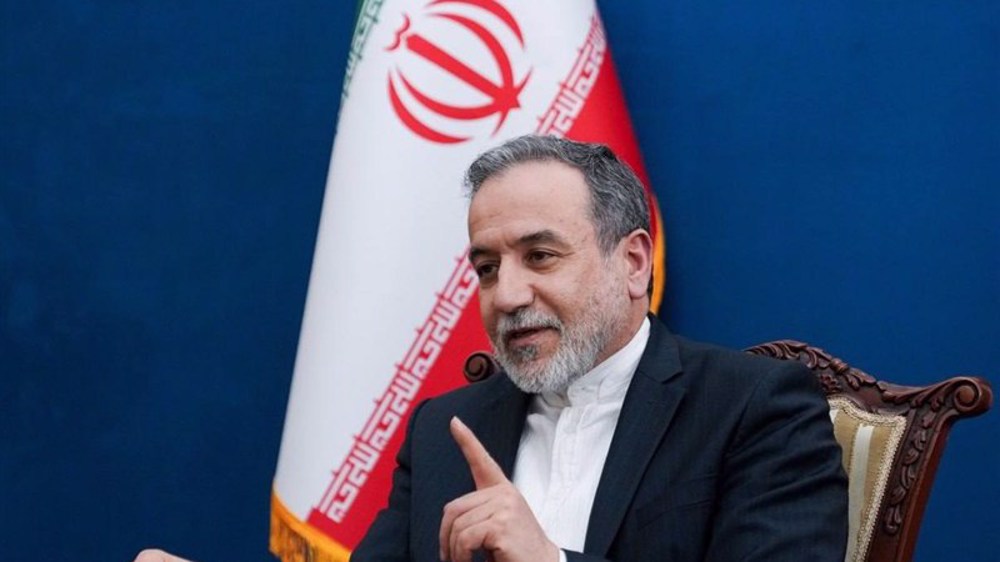IAEA rejects Israeli claims of not inspecting Iran sites
The International Atomic Energy Agency (IAEA) has rebuffed recent Israeli claims that the agency showed “weakness” in monitoring the implementation of the 2015 nuclear accord with Iran.
The rebuttal came after Israeli newspaper Haaretz cited several anonymous Israeli officials on Sunday as claiming that the IAEA had failed to inspect some sites in Iran after being tipped off by an unidentified Western “entity.”
“This article does not accurately reflect the safeguards work of the IAEA,” a spokesman for the IAEA said in a statement later on Sunday.
“As Director General Yukiya Amano has said, the IAEA has conducted many complementary accesses (CAs) in Iran since Implementation Day of the JCPOA, and will continue to request access to sites and locations before drawing a broader conclusion for the country,” he added.
The JCPOA stands for the Joint Comprehensive Plan of Action as the nuclear accord between Iran and the P5+1 group of countries is known.
The spokesman said under the deal with Iran, the IAEA "has broader access to information and locations" which "significantly increases the ability to verify the peaceful use of all nuclear material in a country."
"In Iran, as of today we have been able to visit, as planned, all sites and locations that we have identified for CAs,” he added.
On September 11, the IAEA once again confirmed that Iran had lived up to its commitments under the nuclear agreement.
Read more:
Iran abiding by nuclear-related commitments under JCPOA: IAEA
Iran and the five permanent members of the United Nations Security Council – the United States, France, Britain, Russia and China – plus Germany signed the nuclear agreement on July 14, 2015 and started implementing it on January 16, 2016.
Under the JCPOA, Iran undertook to put limitations on its nuclear program in exchange for the removal of nuclear-related sanctions imposed against Tehran.
The latest IAEA report came at a time when the US, which is a party to the agreement, seems to be laying out a case for abandoning it.
Speaking at a news conference in New York last month, US Ambassador to the United Nations Nikki Haley called on the IAEA to request access to Iranian military sites, in what is regarded as an attempt by the US to undermine the multilateral nuclear deal.
Iran has dismissed the request as an attempt to derail the nuclear agreement.

On September 12, a senior Iranian official vehemently rejected foreign demands for inspection of Iran’s military sites under the pretext of implementing the 2015 nuclear deal.
Ali Akbar Velayati, senior advisor to Leader of the Islamic Revolution Ayatollah Seyyed Ali Khamenei on international affairs, made the remarks while speaking to reporters in response to earlier comments by Amano.
Read more:
Iran will never allow foreigners to inspect military sites: Velayati
The Israeli article came a few days after Iranian Ambassador to the IAEA Reza Najafi denounced the West’s double standards on the possession and development of atomic technology, urging a complete end to any nuclear cooperation with the Israeli regime.
Read more:
World must end nuclear cooperation with Israel: Iran
Israel is estimated to have 200 to 400 nuclear warheads in its arsenal. The regime, however, refuses to either accept or deny having the weapons.
It has also evaded signing the nuclear Non-Proliferation Treaty (NPT), denying an international access to its atomic weapons facilities.
US pursues ‘neither war, nor peace’ strategy to sustain pressure on Iran: Ex-diplomat
VIDEO | Iranian family mourns father killed in foreign-backed violence
VIDEO | Pakistan observes Kashmir Solidarity Day
VIDEO | Cultural exhibition in India marks 47 years of Iran’s Islamic Revolution
VIDEO | Pakistan pushes indigenous defense industry as global buyers seek alternatives
VIDEO | Al-Shifa receives martyrs' bodies amid organ theft worries
VIDEO | Healthcare on the brink: Palestinian hospitals face shortage of medical supplies
Rights group accuses EU of complicity in Israeli genocide in Gaza















 This makes it easy to access the Press TV website
This makes it easy to access the Press TV website